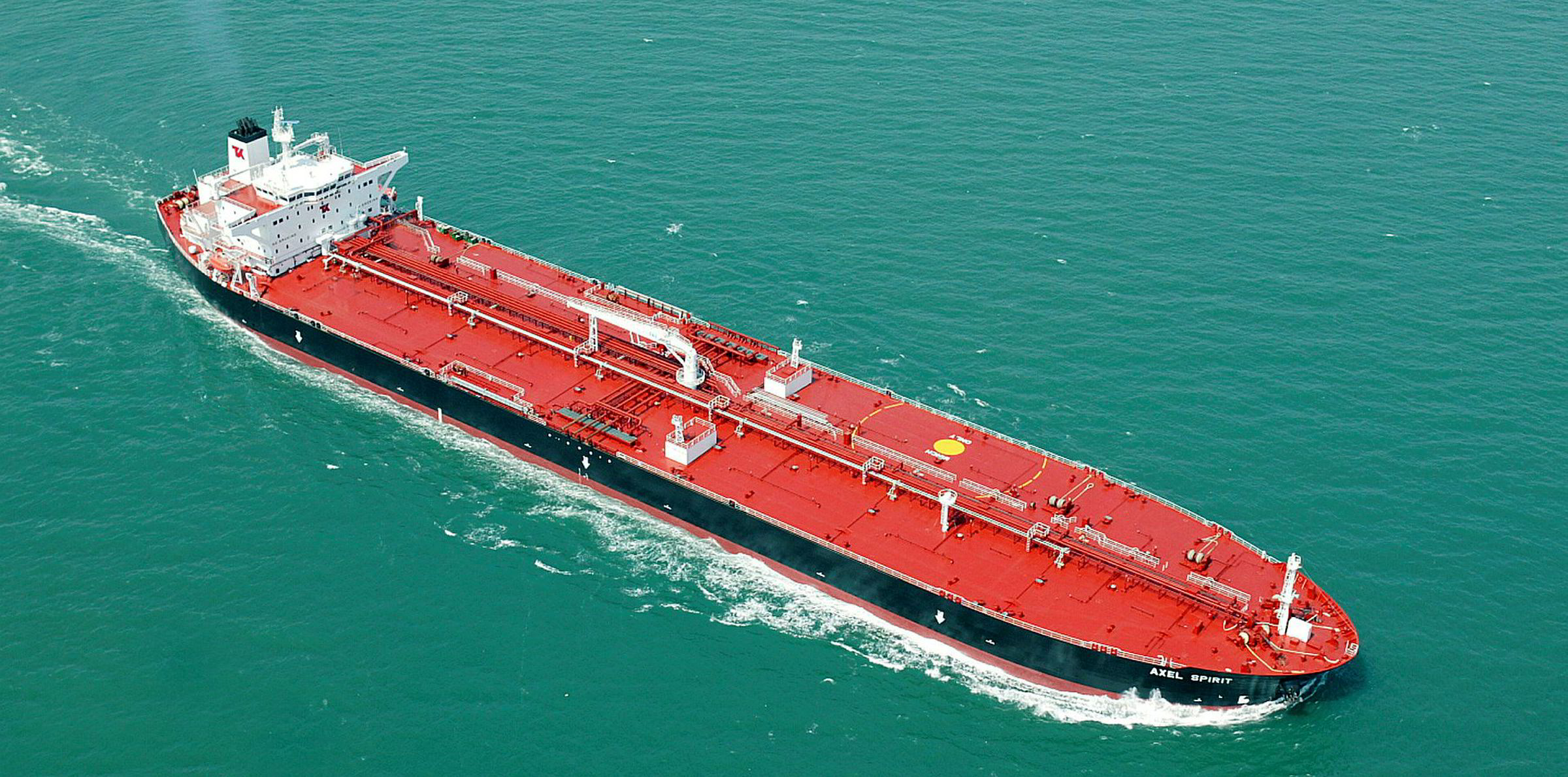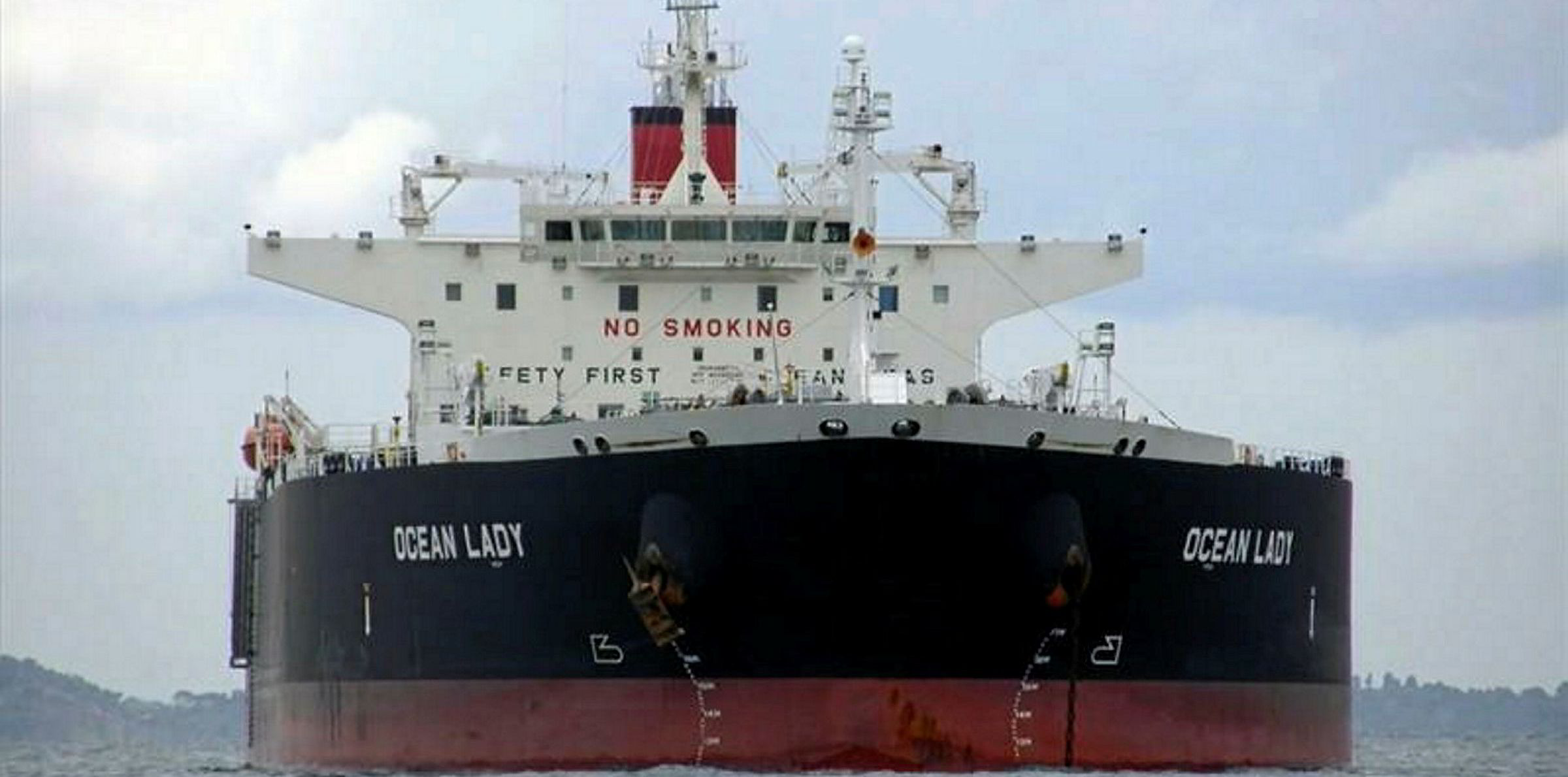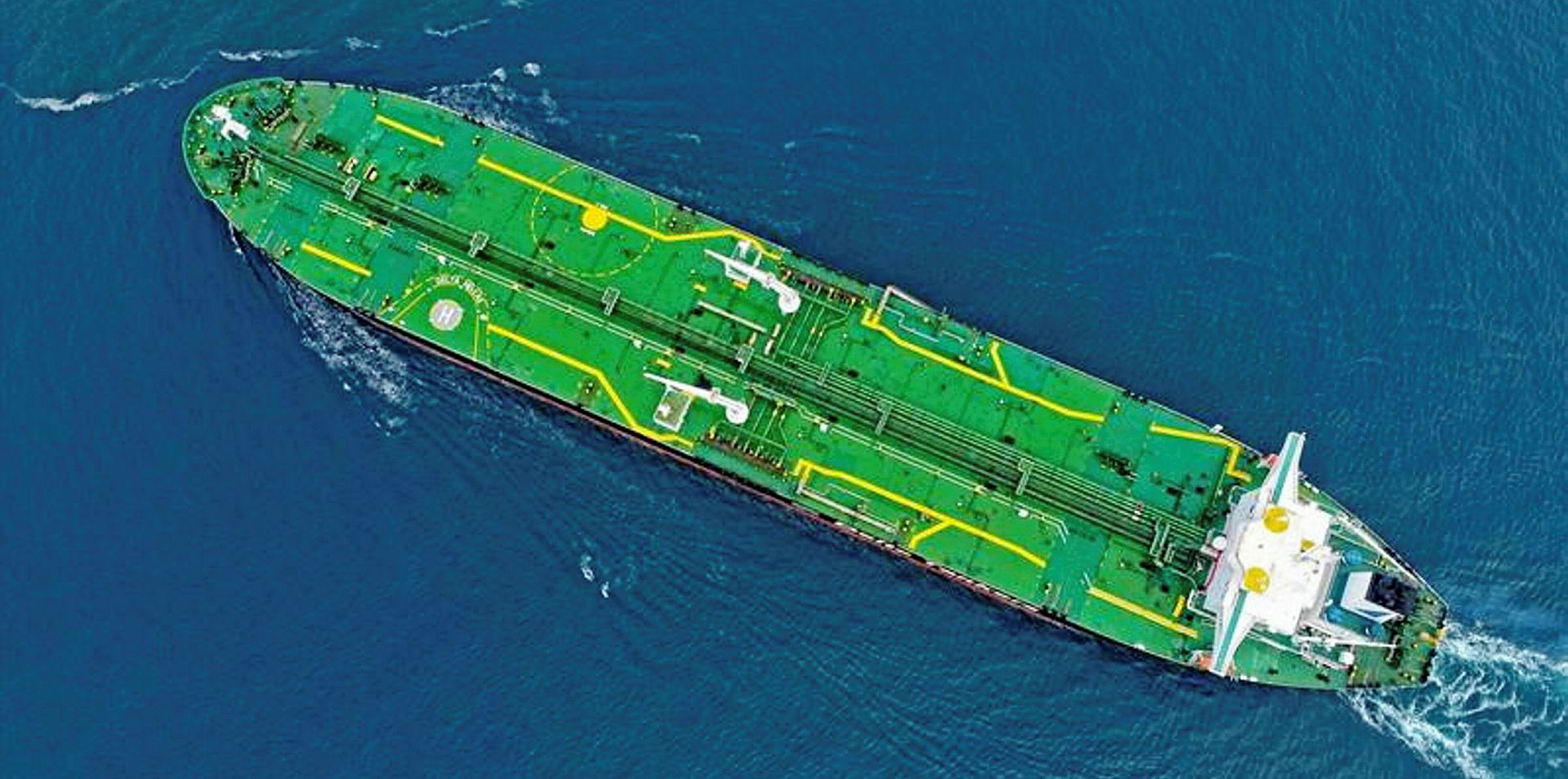Spot aframax tanker earnings have slid towards the lowest this year with persistent tonnage oversupply during the European refinery maintenance season.
Clarksons Platou Securities estimated global average aframax earnings at $7,000 per day on Thursday, down 30.9% over the past month.
The spot trade in the sector has been plagued by vessel oversupply in recent weeks due to limited shipping and floating storage demand, brokers and analysts said.
“For aframax owners trading in the North Sea and Baltic, even a relatively busy week with a decent amount of cargoes was not enough to push the market up higher as the tonnage list was too long,” Fearnleys said in a weekly note.
The brokerage added that spot earnings in the Mediterranean and Black Sea have also been weak, underscoring the persistent weakness in the European market.
With oil demand still weak due to the ongoing pandemic, European refineries have taken more capacity offline than usual during their autumn maintenance season between September and November, Argus Media reported.
The pricing agency estimated refining capacity of 3.7m barrels per day (bpd) in Norway and 15 European Union member states were off at the beginning of maintenance season, compared with the average 2.1m bpd in the past five years.
“The aframax trade is terrible. Refinery runs are low, and there is no floating storage demand,” an analyst said.
Oil firms have been aggressively drawn down oil stored on aframax tankers, with higher unit costs for this type of ships compared with suezmaxes and VLCCs.
Kpler data showed the amount of oil on aframaxes reached 38.4m barrels on Thursday, down from a record high of 71.7m barrels on 20 May.
Mixed impact from conflicts
Further looking, some are expecting more Russian and Libyan exports to offer small support to aframax earnings.
Citing figures from Energy Intelligence Group, Arctic Securities said Russian crude exports are expected to increase by 100,000 bpd in October.
With the blockage lifted on the eastern terminals, Libya should be able to hike crude exports to at least 450,000 bpd by the end of this year, Kpler analysts predicted.
At the same time, the Azerbaijan-Armenia conflicts and an oil strike in Norway could undercut aframax shipments.
The conflict zone lies just 30 to 40 km (18 to 24 miles) to from the Baku-Tbilisi-Ceyhan crude pipeline, which transports a big chunk of Azerbaijan’s crude production of nearly 800,000 bpd to world markets.
"While our base case remains for normal flows, a sustained conflict would increase the risk that the pipeline is damaged or shut down," S&P Global Platts Analytics said.
Also, production of Norway’s Johan Sverdrup field, which has a technical capacity of 470,000 bpd, might be affected after a union called for strike action among senior workers.
“As the situation stands at the moment, we do not consider there is reason to halt production,” operator Equinor spokesman Morten Eek told Upstream.
“I cannot speculate on whether the strike will result in a shutdown at a later date.”







